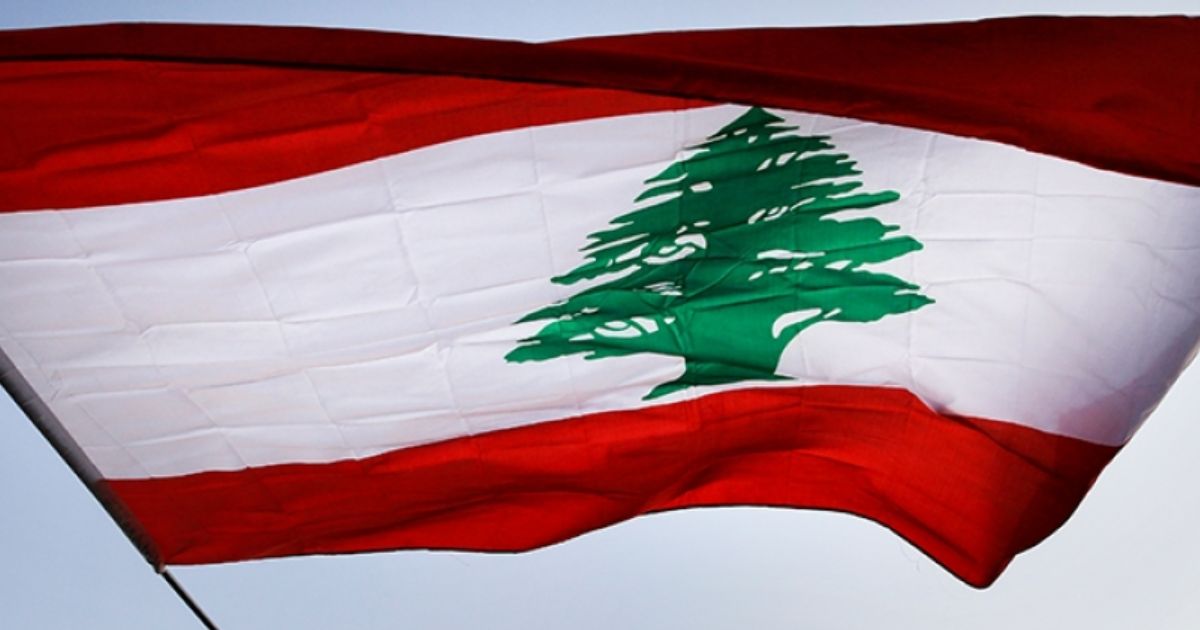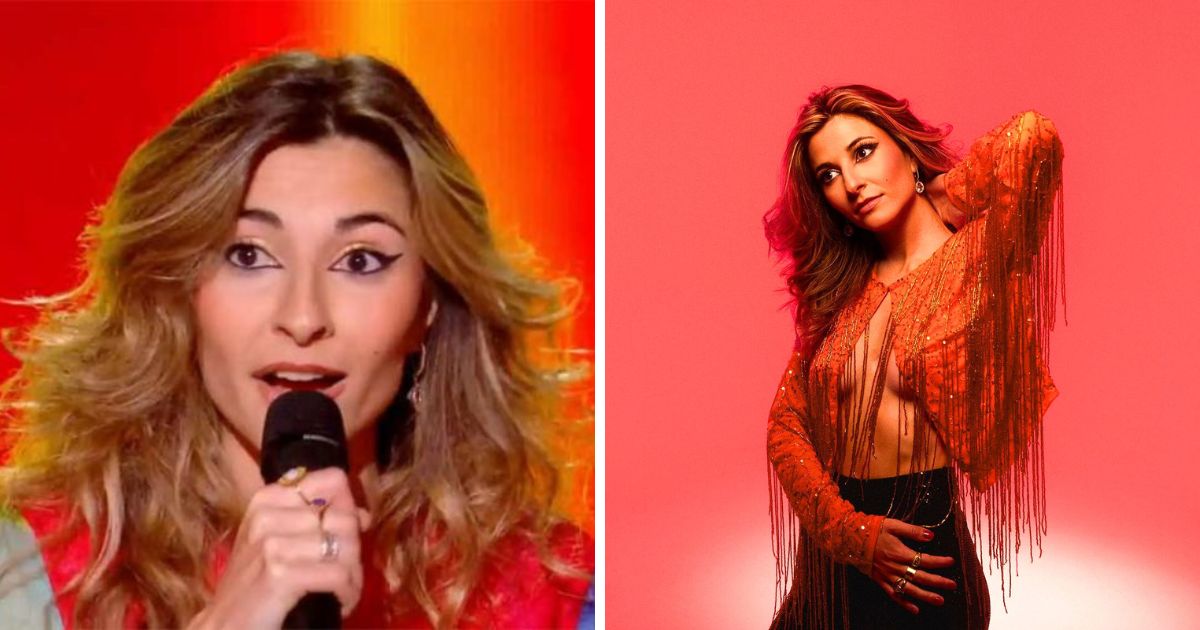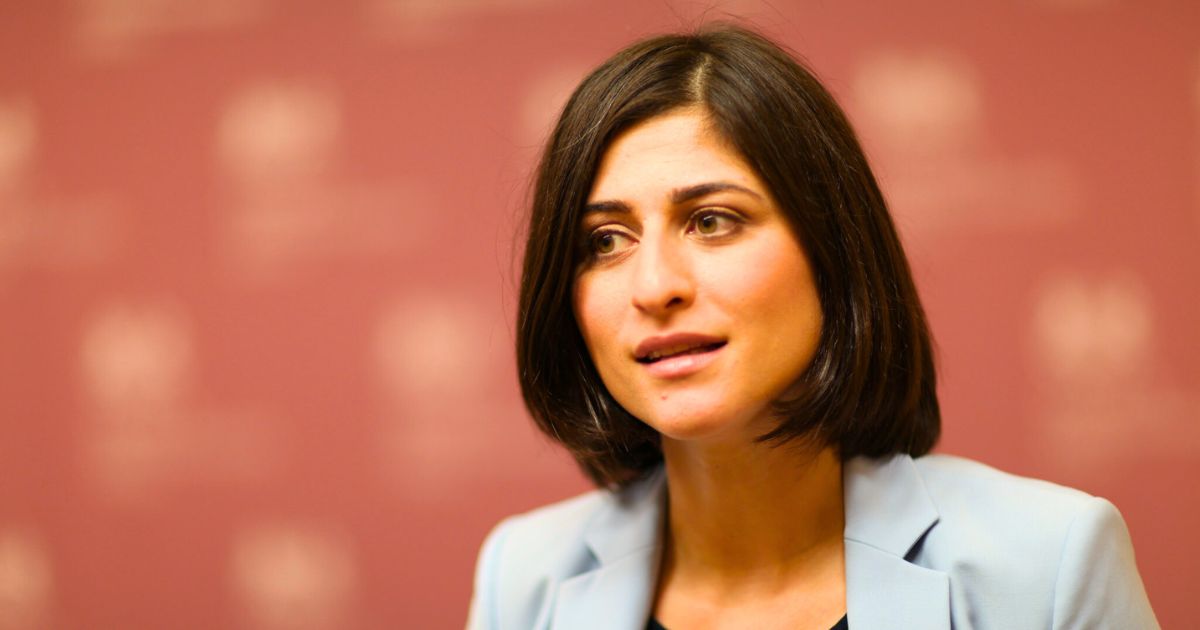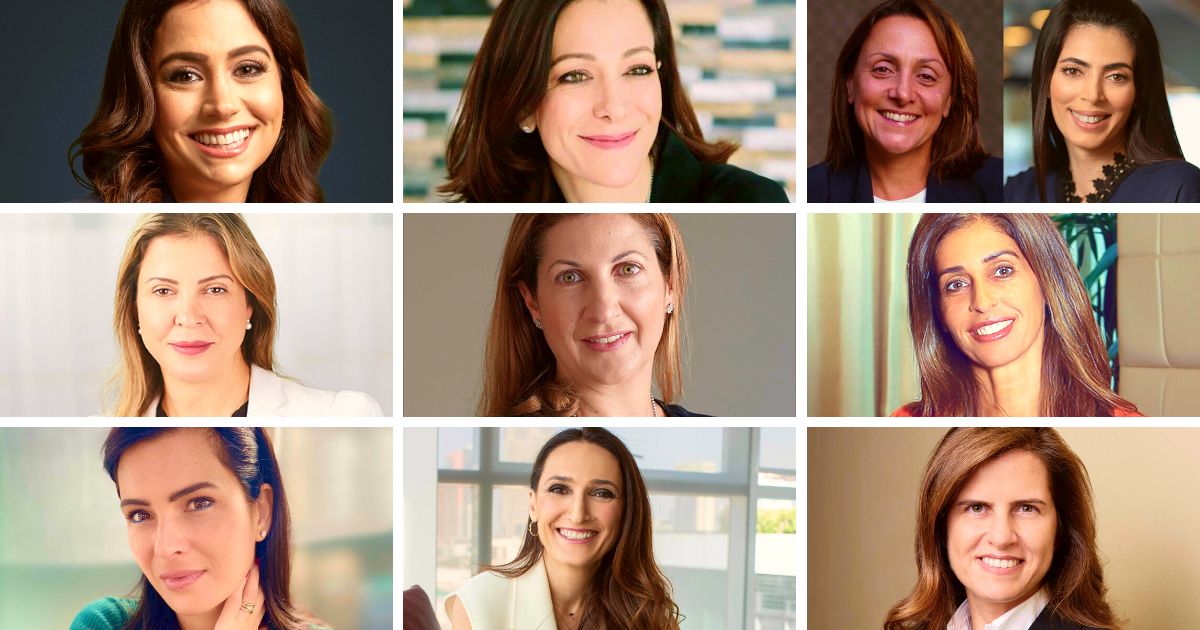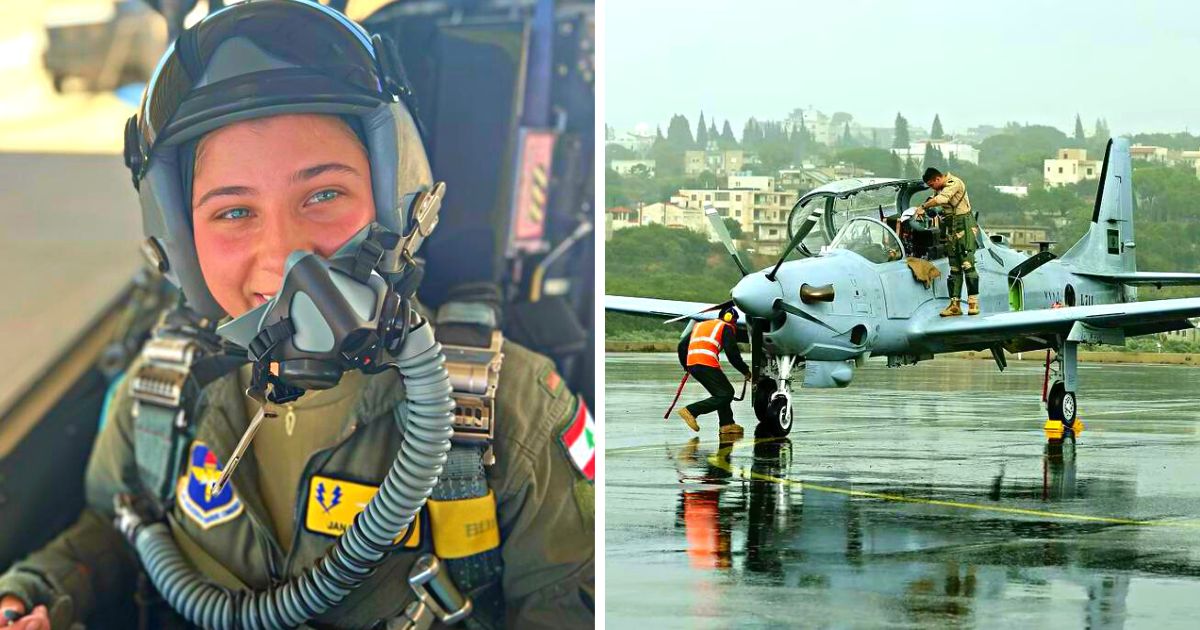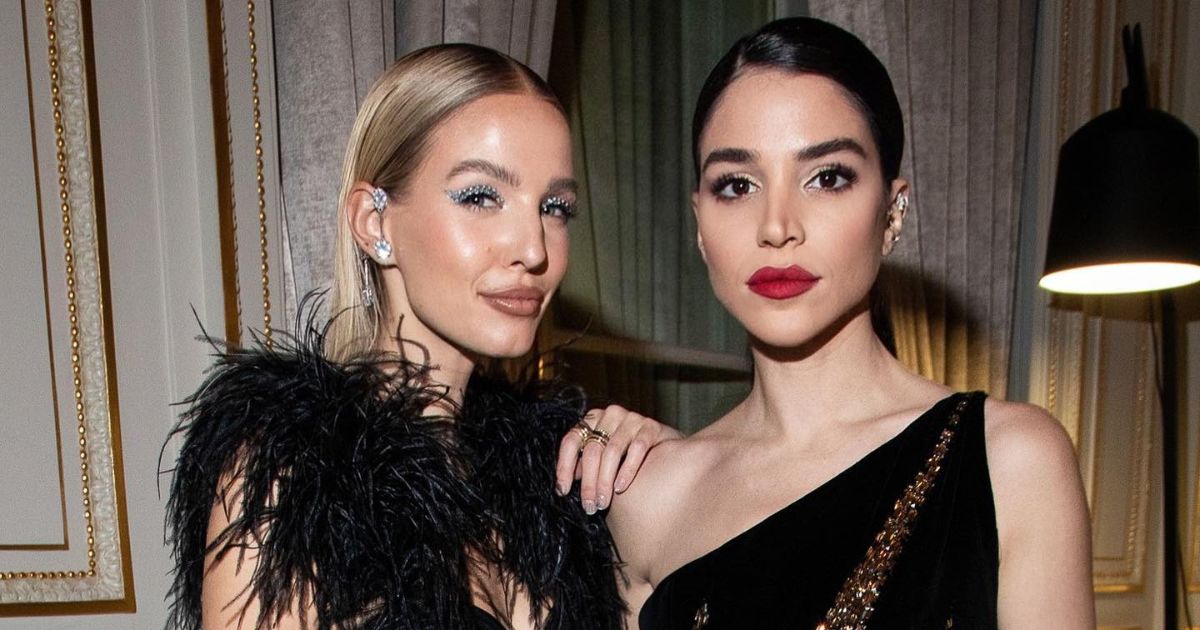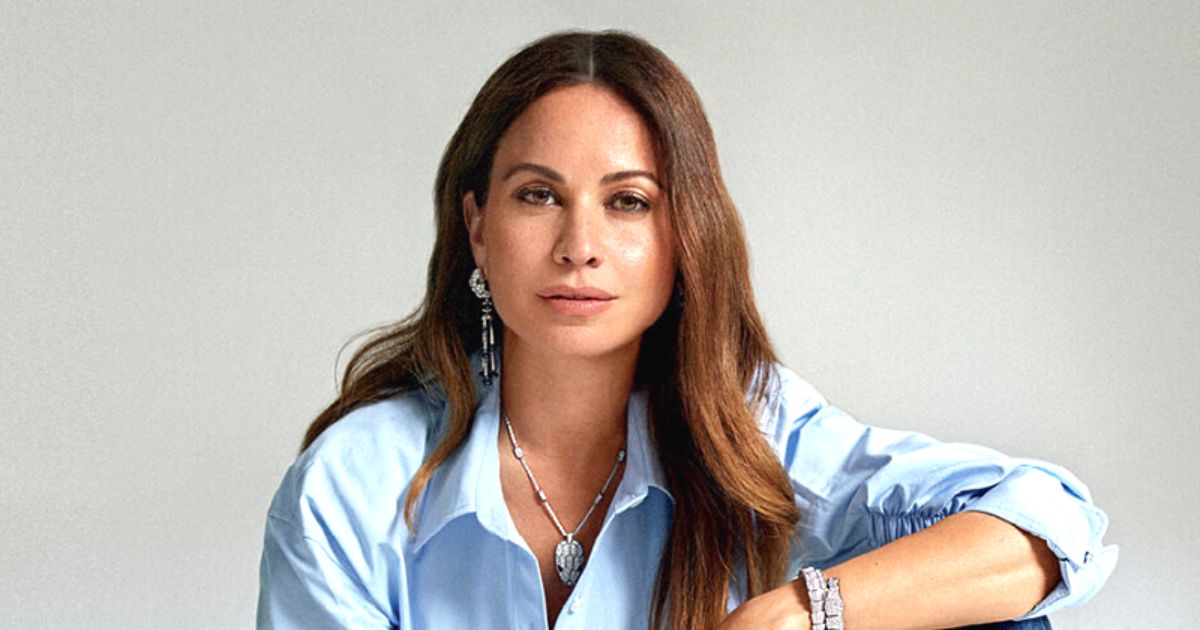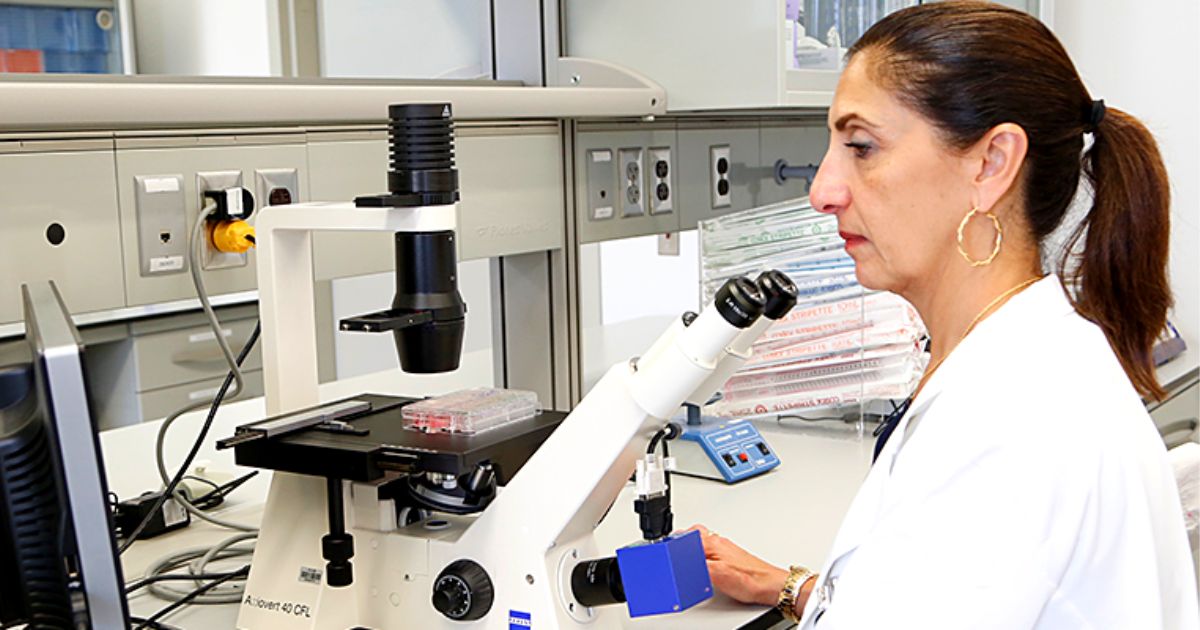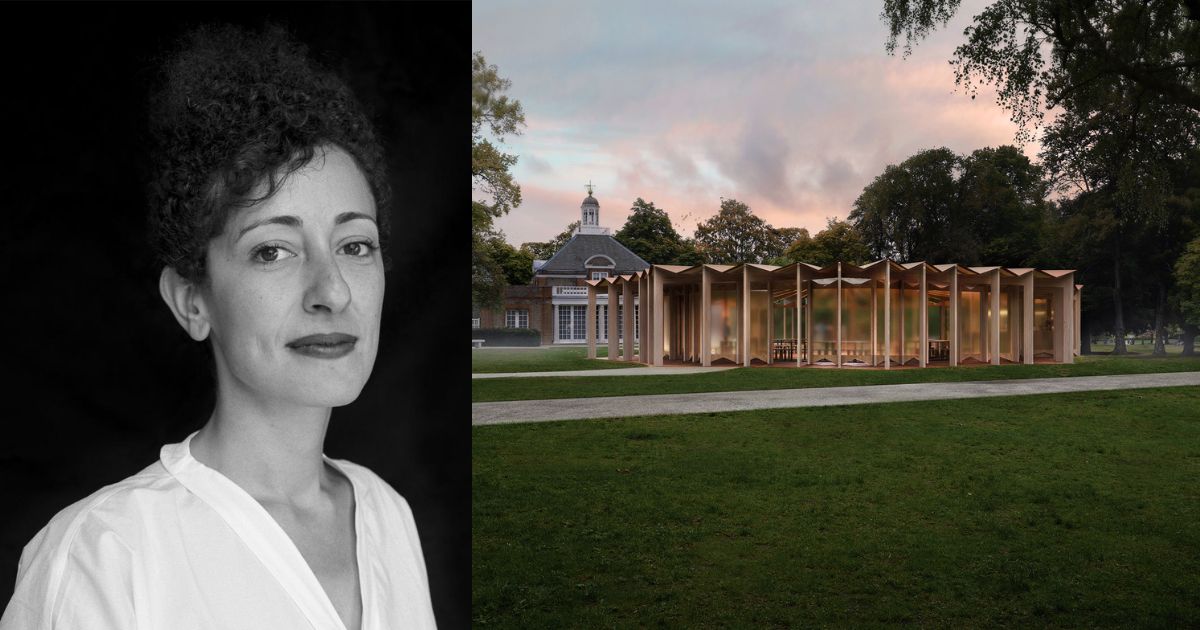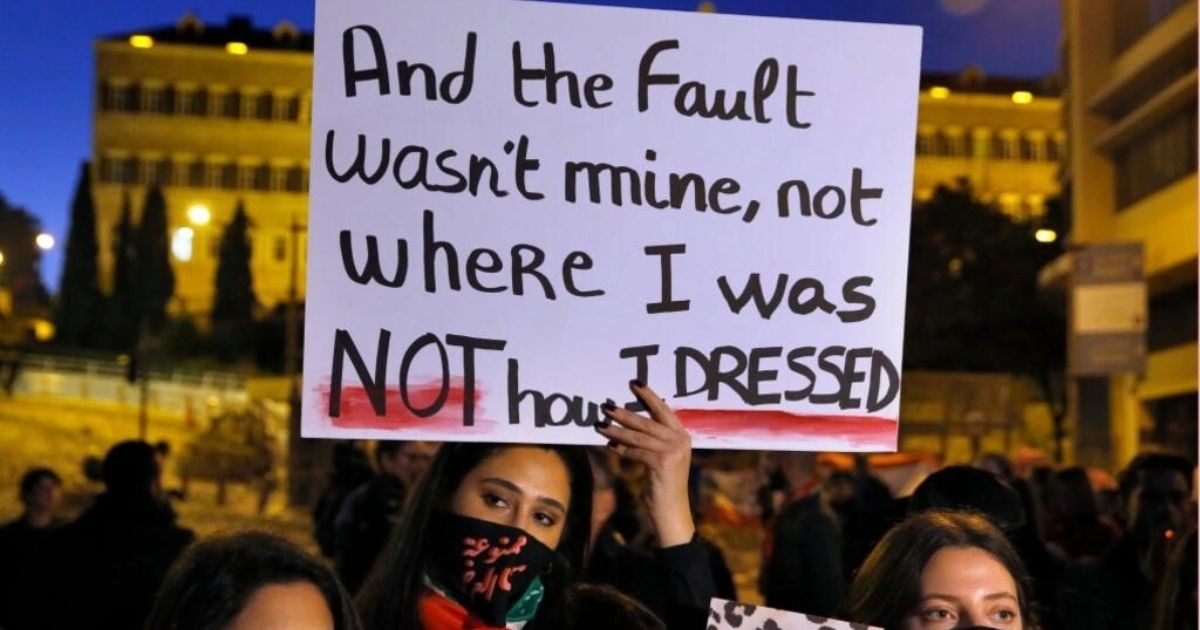Underrated, underappreciated, disregarded to be mentioned in Lebanon’s national anthem, and often ignored by history books… the Lebanese women played a significant role in the harsh journey towards Lebanon’s independence and the battle of 1943 that won Lebanon its independence.
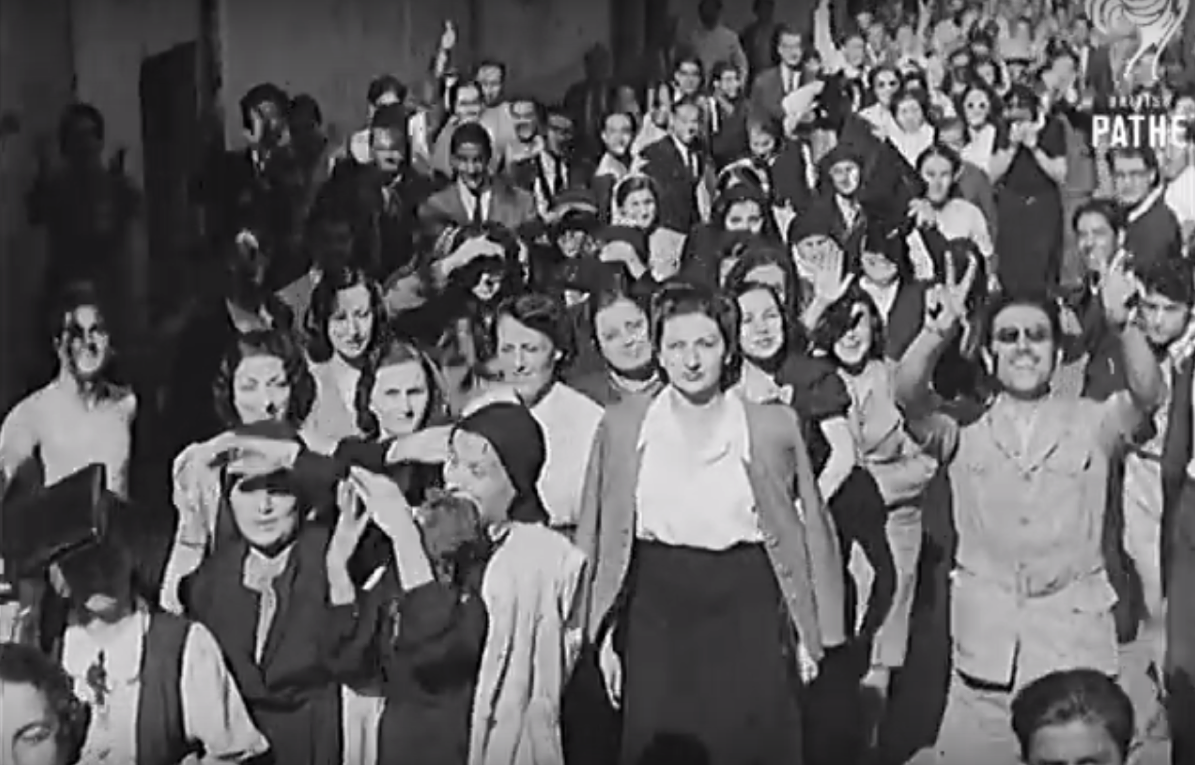
Even after that glorious day, many of them continued to fight to serve their country in a time when women’s political rights were almost nonexistent.
Get to know them, these brave and determined patriots who helped shape Lebanon and establish the base for women’s rights in this country. They deserve recognition.
#1 Evelyne Toueini Bustros (1878 – 1971)

Born in Ottoman-occupied Beirut, Evelyne Bustros was a patriotic activist for the liberation of Lebanon. She was at the forefront of the massive march for the independence of Lebanon on November 12th, 1943, along with the feminist movement.
A Lebanese writer, later married to Gabriel Bustros, she published many books and articles, including Fredons, 1929, where she discussed Christian-Islamic rapprochement.
In 1931, she established Syriban and organized the first Salon de Peinture Libanaise in the Lebanese Parliament, and served as the President of the Women Renaissance for 35 years as well as Head of the Literature People Society.
In 1938, she headed the Lebanese delegation to the Conference of Arab Women Federations in Egypt. She also took part in organizing the Lebanese wing in the New York World Fair and was named president of the Lebanese Arab Women Union.
After Lebanon gained its independence, Evelyne Bustros was part of the foundation of the Lebanese Pen Club and continued on, heading delegations to international conferences and publishing more books.
#2 Najlaa ZeinEddine Saab (1908-1971)
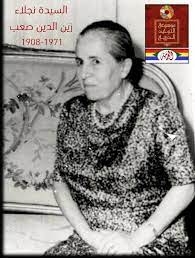
A Lebanese feminist born in Ayn El Konneyeh and deceased in Beirut, Najlaa ZeinEddine Saab came from a family of strong patriots who opposed the French Mandate.
She led many feminist protests at the time of the French Mandate, headed the Lebanese Women Union, and served as vice-president of the Lebanese Red Cross.
#3 Rose Ghorayeb Zakkour (1909 – 2006)
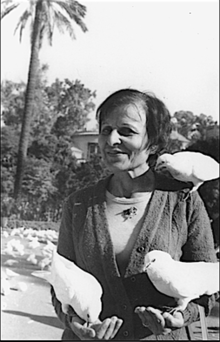
Born in Damour, Rose Ghorayeb Zakhour was a legend in her own right. She was a writer, author, literary critic, and activist for women’s rights.
A Literature professor at the Lebanese American University, she was known as the First Female Critic in Arab Literature. She was published in many magazines, including Bahrain’s first Magazine, Voice of Bahrain, where she introduced new social ideas.
She worked as the editor of Al-Raida, the journal of the Lebanese American University’s Institute for Women’s Studies in the Arab World.
She also wrote a biography of the famous poet May Ziadeh.
#4 Maude Motran Fajrallah (1909 – 1995)
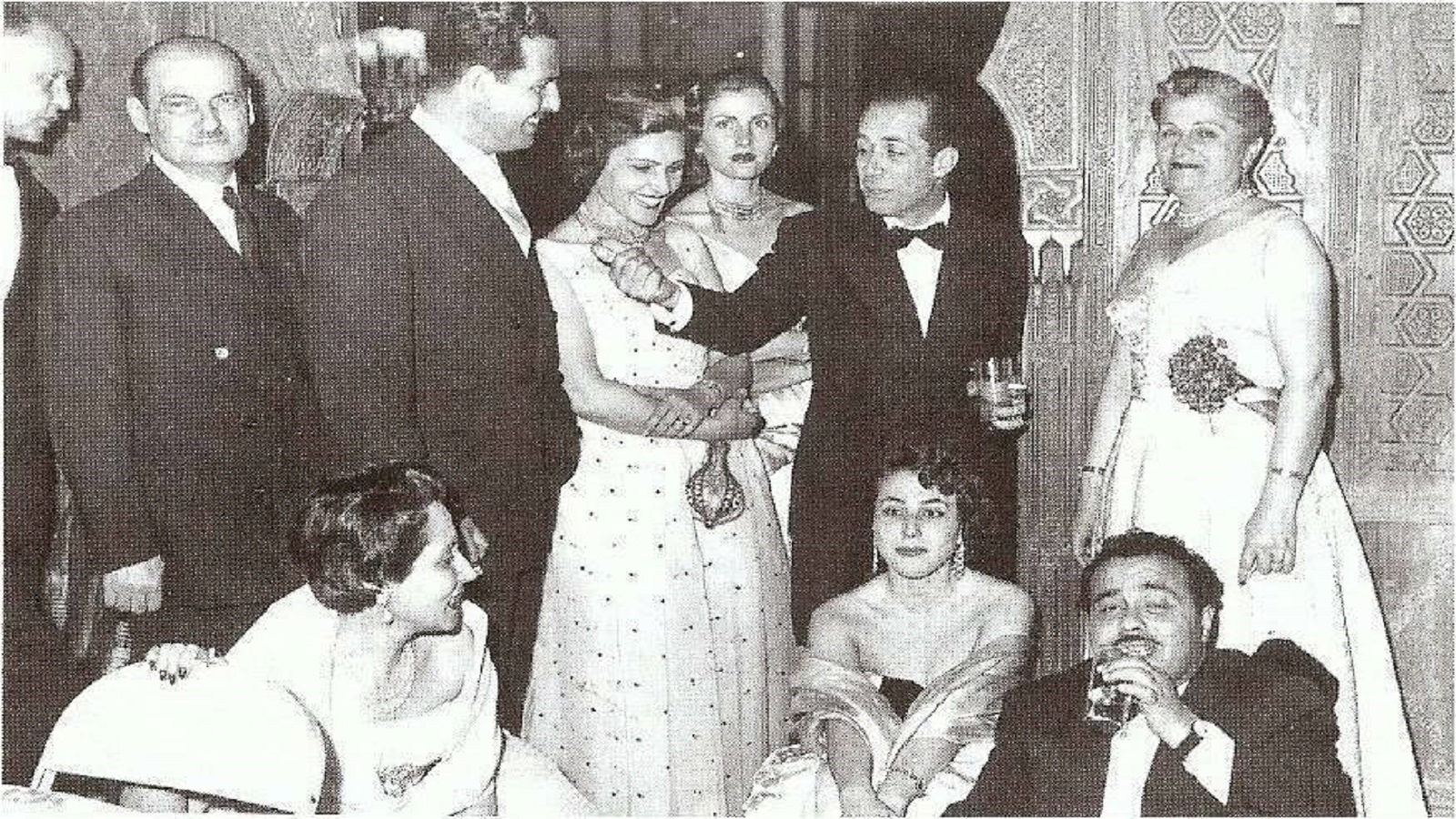
Made Faraj Allah, daughter of the Sursock neighborhood of Beirut, is known for her political role in the independence, her relationship with the British General Spears, and the Constitutional Bloc in Lebanon, and her famous home salon in the Zoukak El-Blat area of Beirut.
One of the independence demonstrations went to her home in Zuqaq al-Blat to demand that she urges her British friend to support the detained independence leaders in the castle of Rashaya.
Maude Farajallah, along with some women of the aristocratic society, was part of the behind-the-scenes of Lebanon’s independence.
She conveyed many messages in the interest of Lebanon. She conveyed words she heard from General Spears like “No independence without blood” to President Camille Chamoun, who conveyed it to President Bechara El-Khoury, so they get ready for confrontation.
#5 Genevieve Gemayel
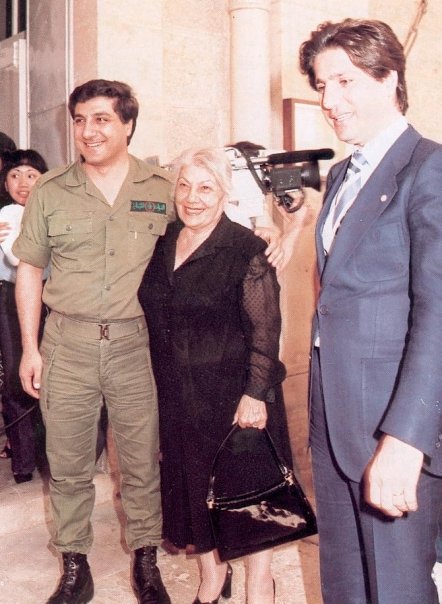
Genevieve Gemayel was the wife of Pierre Gemayel and a Lebanese political figure, pilot, and artist, who had a huge role in Lebanese affairs.
She was born in Egypt and at the age of 16, she became one of the first women in the Middle East to receive a driving license.
At 20 years old, she became the first woman in the region to fly an airplane. She was an active member of the Kataeb party founded by her husband.
She wore black for the rest of her life after losing her husband Pierre Gemayel and her son president Bachir Gemayel.
